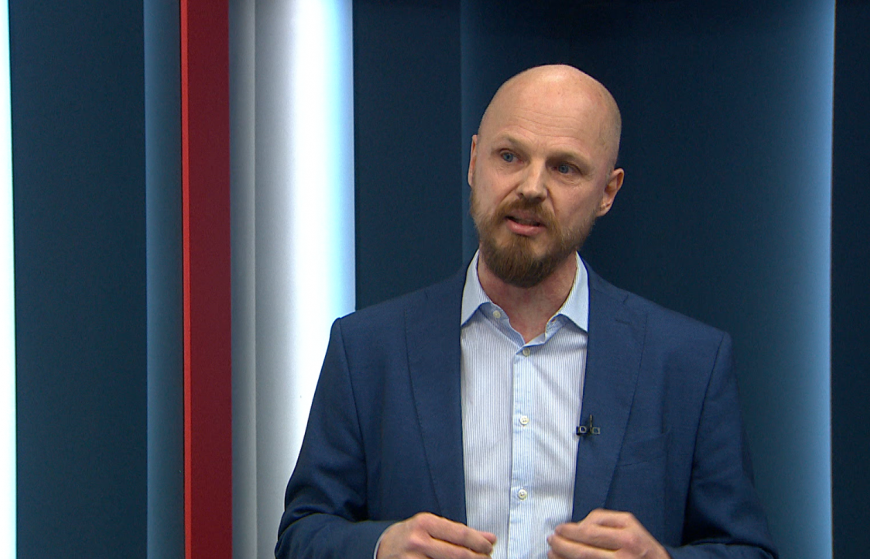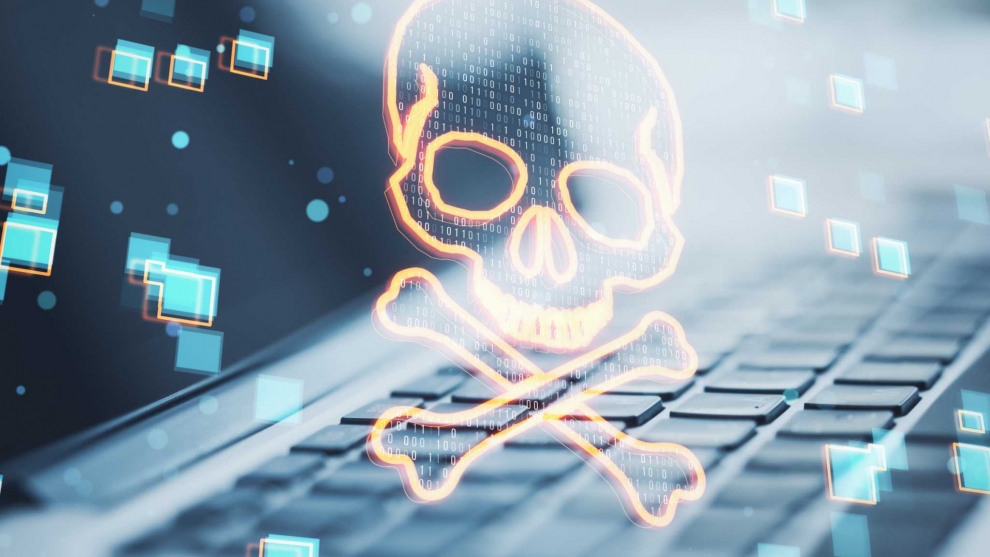- Tíðindi, mentan og ítróttur
IT solutions crucial in corona fight, says expert

Faroese authorities are not harnessing the great potential of IT technology to combat the coronavirus, and this can have serious economic and public health consequences.
This is the view of professor Hannes Gislason, who heads the software engineering programme at the University of the Faroe Islands and who researches into data science, biostatistics and bioinformatics.
He has repeatedly called on the epidemic commission to consider using so-called contact-tracing apps.
“There is an entire category of very useful tools that our health authorities have not used in their efforts to overcome COVID-19,” he says.
>> SEE ALSO Further lifting of lockdown measures announced
“These tools, recommended by the World Health Organization, are already being used in Norway and Iceland, Denmark is preparing to introduce them, and all the EU nations are also considering implementing them.
"Google and Apple are also working on a new solution. By continuing to overlook these tools we are now starting to lag behind these countries in our fight against this virus.”
With location data provided through GPS and/or Bluetooth technology, contact-tracing apps can determine whether the user has been in contact with infected people, providing a quick way to tell them to get tested or quarantined.
>> SEE ALSO Prime Minister defends decision to ease lockdown
Gislason advised the epidemic commission to recommend the government to implement this technology before the lockdown was lifted, arguing that the current measures with quarantine are limited by their reactive nature.
“With the existing measures, the only way to respond to a possible second wave of infection is to impose another lockdown, which would have dire consequences for the economy,” he explains.
“The contact-tracing technology provides a much more proactive method as it helps identify the few people who need to be isolated, thus allowing the rest of society to resume normal life.”
Voluntary data sharing
The risk of personal data violation in these systems is minimal, adds the professor.
“Taking the ‘Rakning C-19’ system used by the Icelandic authorities as an example, the user has full control of the data. If you don’t test positive, the issue of data sharing never arises; if you do test positive, you will be asked to provide data to the health authorities, but any such data sharing will require your permission.”
Special privacy guidelines have been implemented abroad in this context, with an increased emphasis on decentralised data and non-mandatory principles. These measures have, according to Gislason, been met with widespread approval among users in Iceland and elsewhere.
Translated by prosa.fo




























